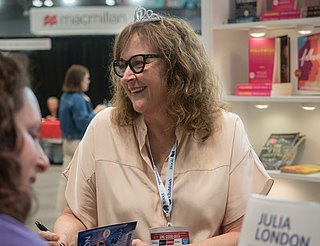A Quote by Ethan Canin
Bausch is a wonderful storyteller. He's a mature writer who has a lot of confidence in the quality of character. He doesn't need to hook you with a sneaky plot and zany characters.
Quote Topics
Related Quotes
ZANY, n. A popular character in old Italian plays, who imitated with ludicrous incompetence the _buffone_, or clown, and was therefore the ape of an ape; for the clown himself imitated the serious characters of the play. The zany was progenitor to the specialist in humor, as we to-day have the unhappiness to know him. In the zany we see an example of creation; in the humorist, of transmission. Another excellent specimen of the modern zany is the curate, who apes the rector, who apes the bishop, who apes the archbishop, who apes the devil.
The writer must always leave room for the characters to grow and change. If you move your characters from plot point to plot point, like painting by the numbers, they often remain stick figures. They will never take on a life of their own. The most exciting thing is when you find a character doing something surprising or unplanned. Like a character saying to me: ‘Hey, Richard, you may think I work for you, but I don’t. I’m my own person.’
Writers often like to talk about how intuitive the writing process is, but in truth, building a book is a remarkably unintuitive task. Or, to put it more accurately, you need a lot more than intuition. You need plot and characters. You need a setting. You need a theme that is relevant and supported by your text.
I find that I am much slower in the beginning of a book. I am thinking of the plot, of the characters and who they are, and where they are going. I often throw out a lot of the writing I start with, because the characters and plot improve as I write. Or perhaps I should say it is my hope they will improve as I write.
The Illusionist is the storyteller in so many ways. Symbols become his obsession. It's not simply about creating plot - one must also grapple with theme. Nowadays we have a lot of characters and a lot of action but it's hard to sit still and really meditate on meaning, worldviews, concepts, ideologies even. I make my Illusionist do what I've had to do, often with copious amounts of stumbling and frustration. His real humanity comes from being an artist, I think - his creativity is what makes him a man.

































